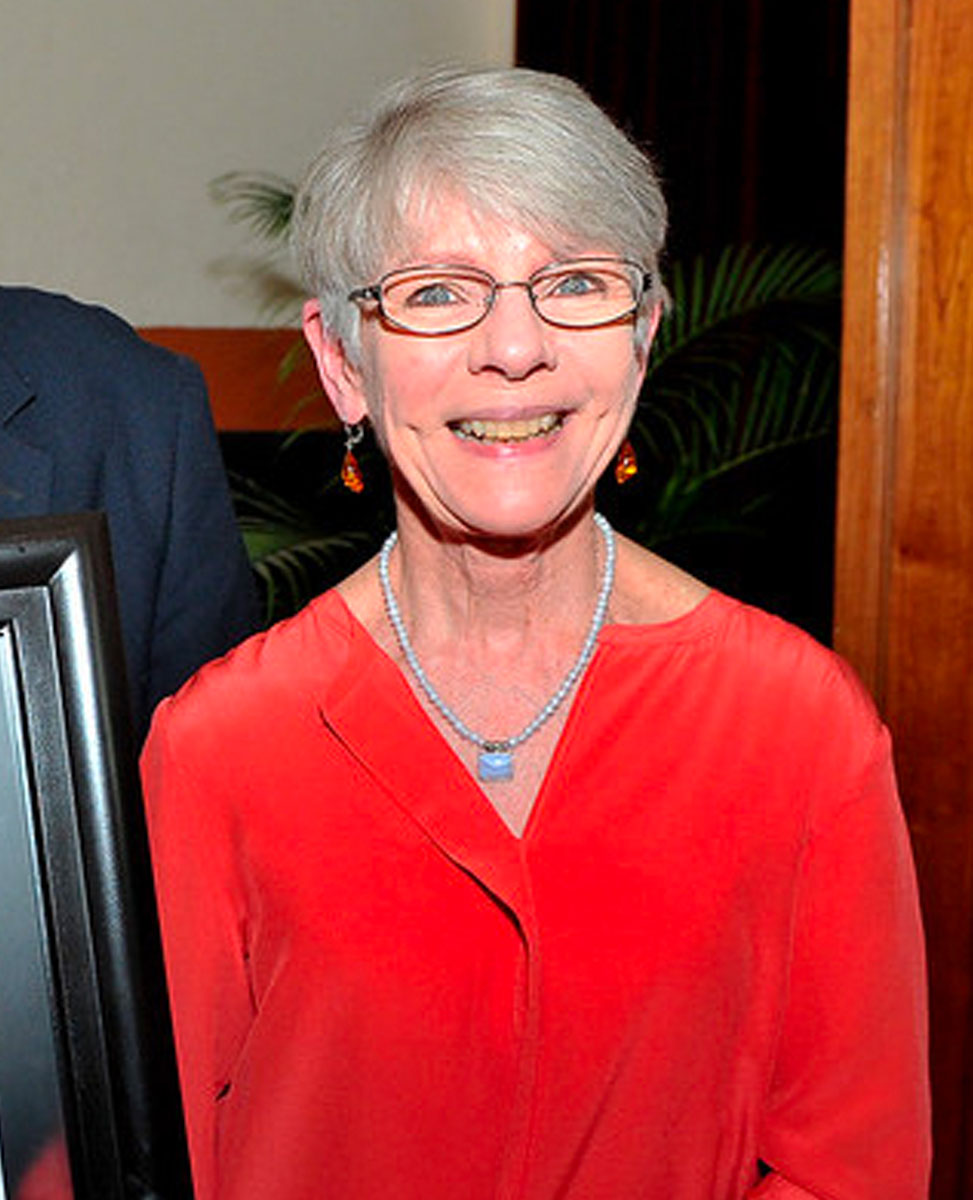Cynthia Radding
Gussenhoven Distinguished Professor of History
Hamilton Hall 513
919-962-5057
radding@email.unc.edu
Cynthia Radding (Ph.D. University of California, San Diego, 1990) is Gussenhoven Distinguished Professor of History and Latin American Studies at the University of North Carolina, Chapel Hill. Her research focuses on Latin American early modern history and interdisciplinary research on the environment, indigenous peoples, and borderlands that span different ecological zones and cultural spheres. She is co-editor with Chad Bryant and Paul Readman of Borderlands in World History (Palgrave, 2014), and co-editor with Danna Levin Rojo of The Oxford Handbook of Borderlands of the Iberian World (Oxford University Press, 2019). She has served on the editorial boards of American Historical Review, The Americas, and Hispanic American Historical Review. Her publications include: Landscapes of Power and Identity. Comparative Histories in the Sonoran Desert and the Forests of Amazonia from Colony to Republic, Duke University Press, 2005 (Spanish editions: Bolivia 2005 and Mexico 2008); Wandering Peoples. Colonialism, Ethnic Spaces, and Ecological Frontiers in Northwestern Mexico, 1700-1850, Duke University Press, 1997 (Spanish edition, Mexico 2016). Radding has published over forty peer-reviewed articles and chapters in scientific journals and collective volumes in English, Spanish, and Portuguese in Europe, Mexico, Brazil, Bolivia, and the U.S. In 2020 The Fundación Cultural Citibanamex awarded Dr. Radding the XVIII Premio Atanasio G. Saravia de Historia Regional Mexicana for her collaborative work with universities and research centers in Mexico to promote regional history. Radding is President of the Board of Directors of the Americas Research Network (ARENET) and serves on the Scientific Coordinating Committee of the MSCA RISE COLING four-year project in which ARENET partners with European and Latin American institutions and non-governmental organizations to promote the revitalization of indigenous languages and cultures through research, teaching, and community collaboration. ISA collaborated meaningfully with this project through its coordination of the international workshop on “Indigenous and Minority Languages: Living History and Opportunities for the Future,” held on the UNC Chapel Hill campus in July 1-12, 2019.


